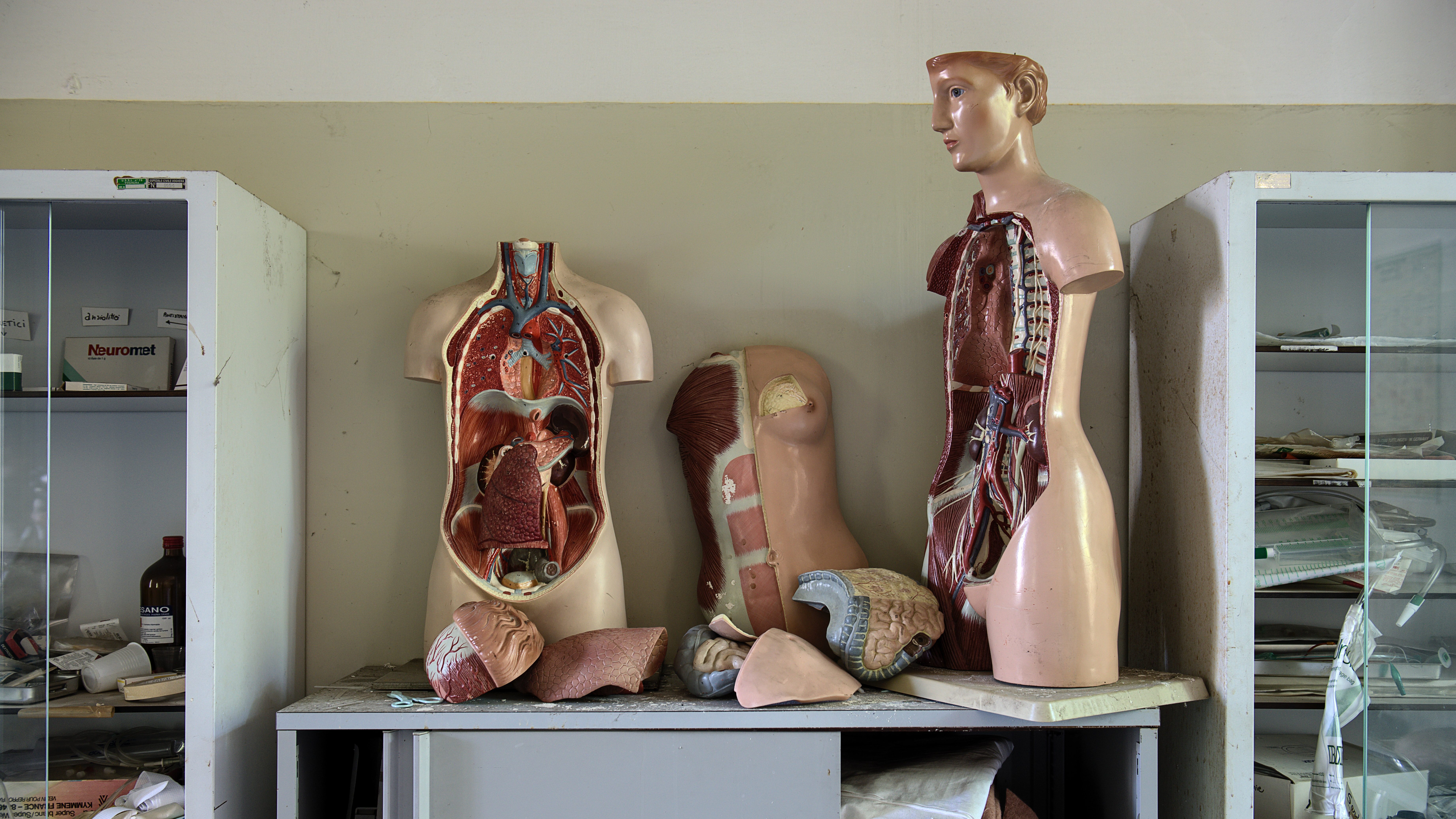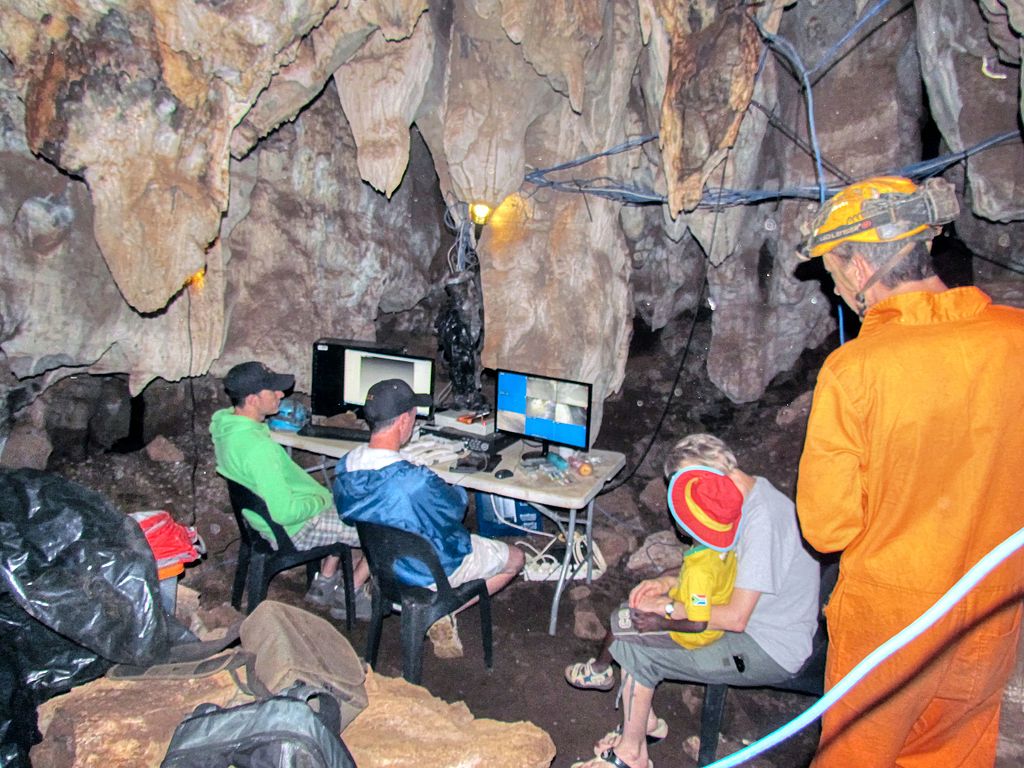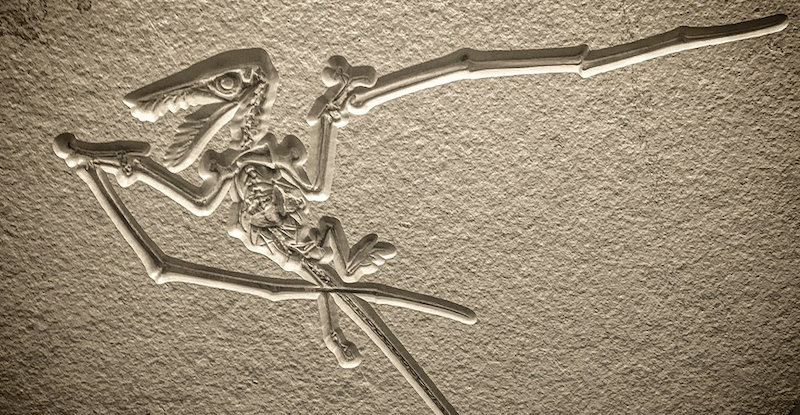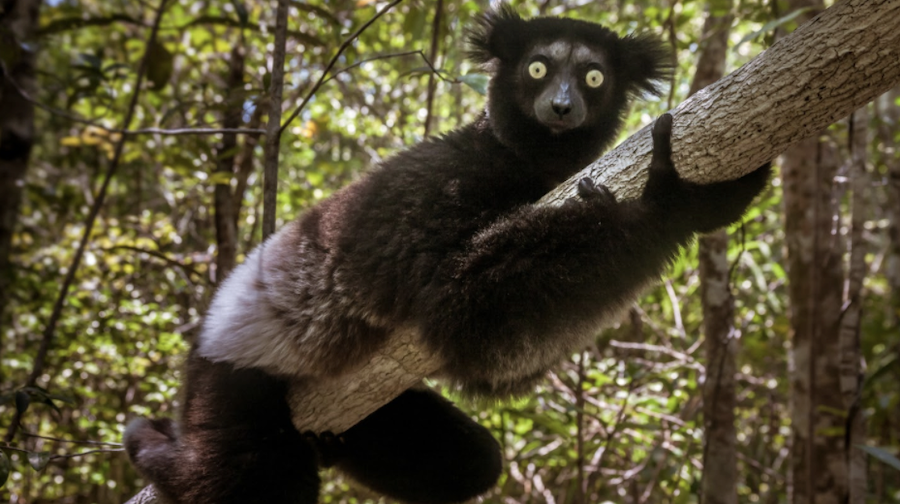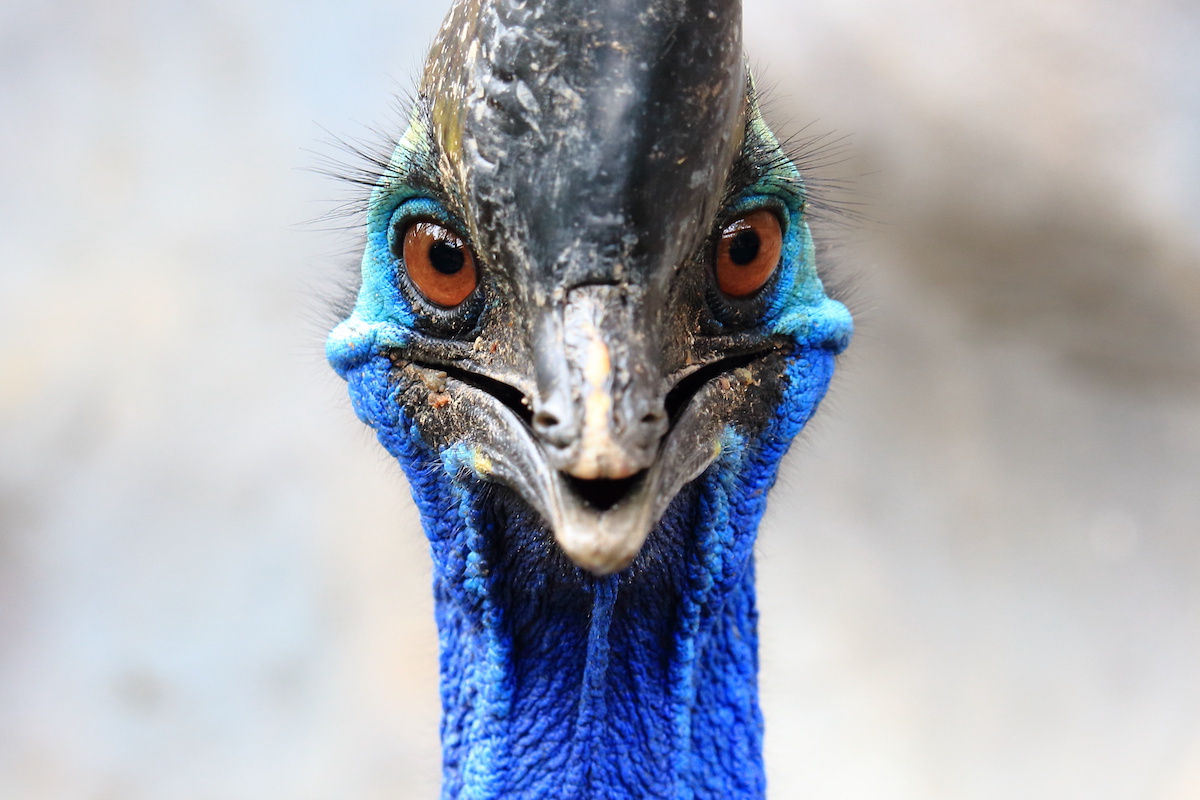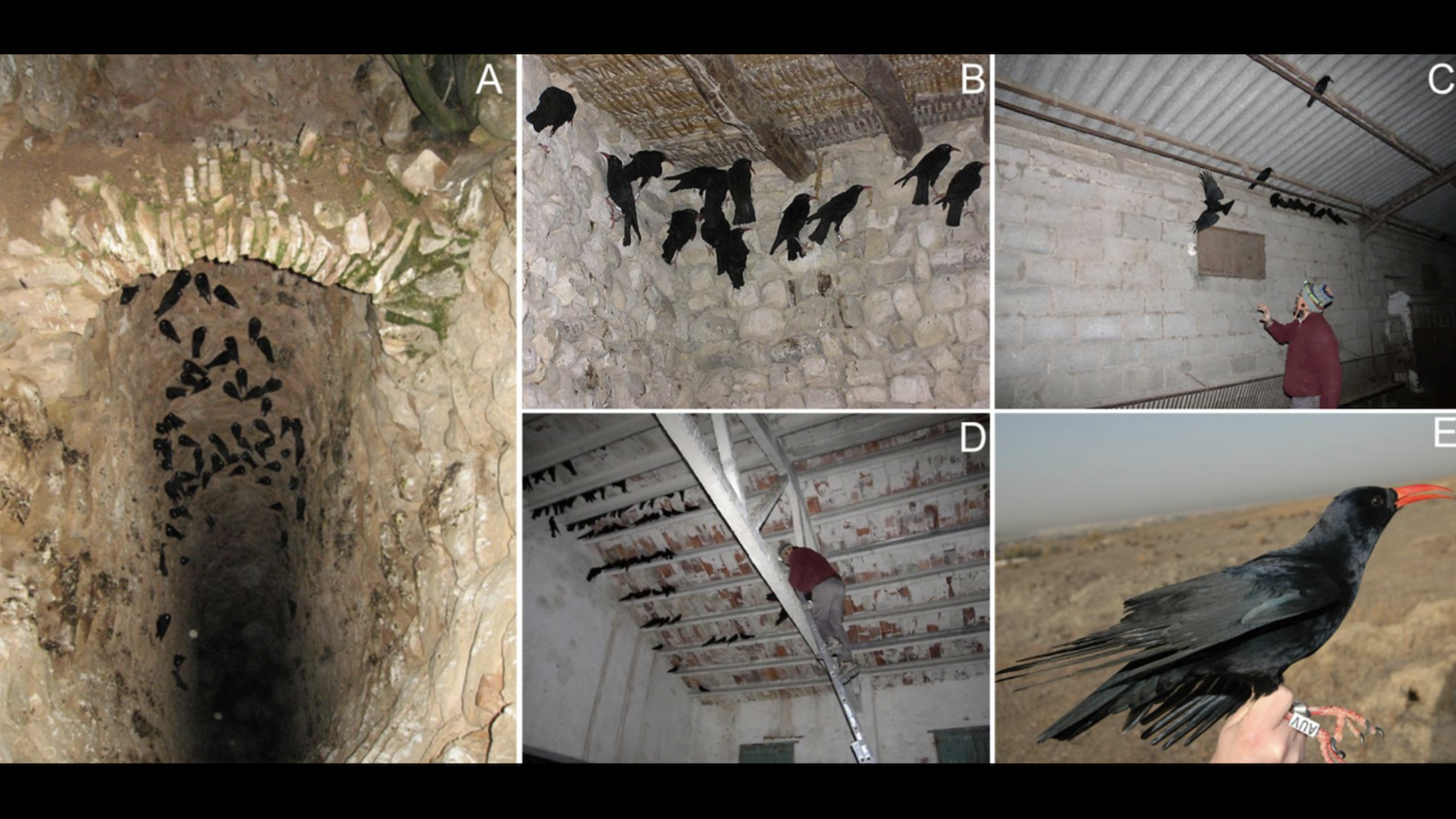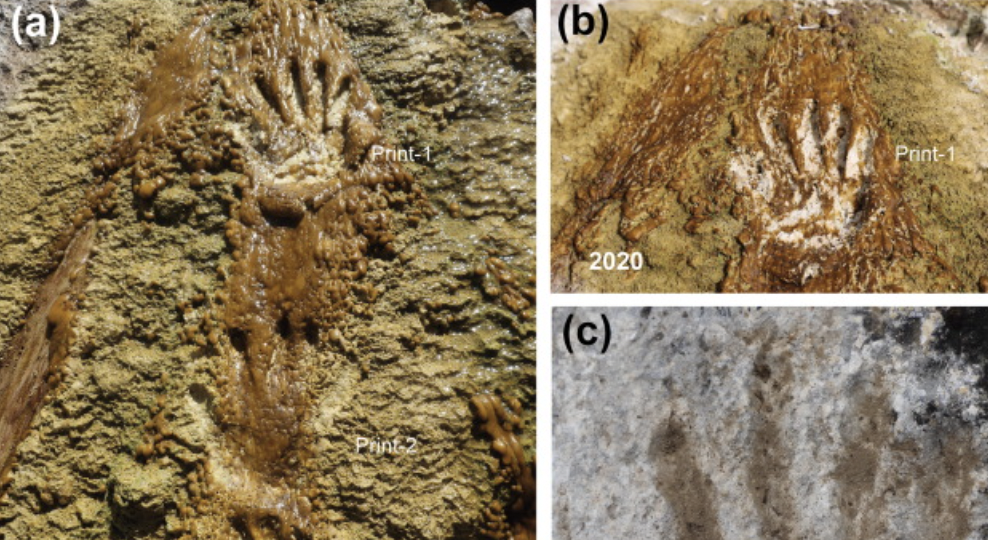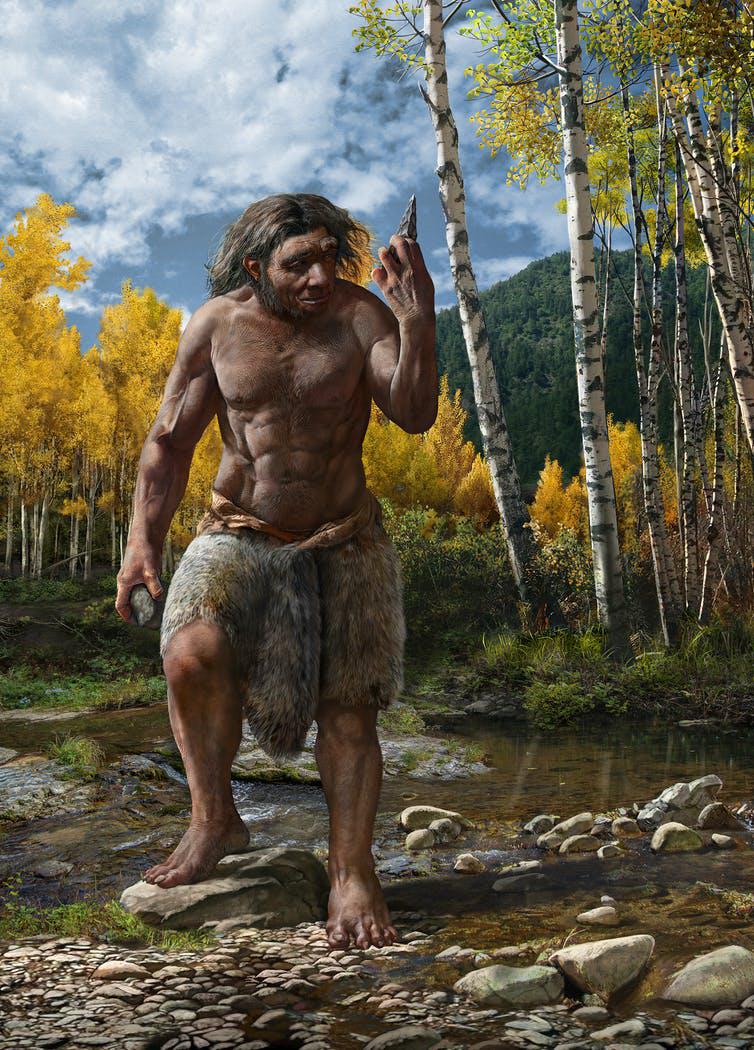Human Evolution
An evolutionary biologist explains why you probably won’t grow a tail.
Society-changing ideas form through a three-stage process, argues author Michael Bhaskar.
Fittingly, the skull was found in the Rising Star cave of South Africa, itself located at a site known to UNESCO as the Cradle of Mankind.
Although many dinosaurs never left the ground, they still possessed the basic structural framework for flight.
A 12-year study shows that these large lemurs have a sophisticated sense of rhythm.
A new study suggests that hunting dogs’ barks convey emotional information about the animals they see.
Often called modern-day dinosaurs, cassowaries are one of only a few birds known to have killed humans.
Our ancestral cousins far more intelligent than we credit them for, and they did things most of us cannot.
In the perilous mountains of Tibet, archaeologists unearthed ancient hand and footprints that seem to be the creative work of children.
A new study upends a long-standing theory on how the brain plans motor actions in uncertain environments.
Whenever the climate cooled, our hominin ancestors would set up shop in the Arabian Peninsula and vanish again when the planet warmed up.
In 1933, the skull of a 50-year-old male of the Homo longi species was found in China, puzzling researchers.
Linguists discover 30 sounds that may have allowed communication before words existed.
Scientists discover what our human ancestors were making inside the Wonderwerk Cave in South Africa 1.8 million years ago.
A recent study analyzed the skulls of early Homo species to learn more about the evolution of primate brains.
Biologists use commonly-found insects that engage in cannibalism to prove a key evolutionary concept.
555-million-year-old oceanic creatures share genes with today’s humans, finds a new study.
Research reveals a new evolutionary feature that separates humans from other primates.
Their ear structures were not that different from ours.
The study found that people who spoke the same language tended to be more closely related despite living far apart.
Scientists find that an RNA-DNA mix may have created the first life on our planet.
New anthropological research suggests our ancestors enjoyed long slumbers.
Two new studies shed light on who first inhabited the islands, who replaced them, and how few people lived there.
A groundbreaking study from a Harvard University team suggests that monogamy may be genetically programmed within some mammals.
In some countries at least, the “obstetrical dilemma” has been solved by modern medicine.
